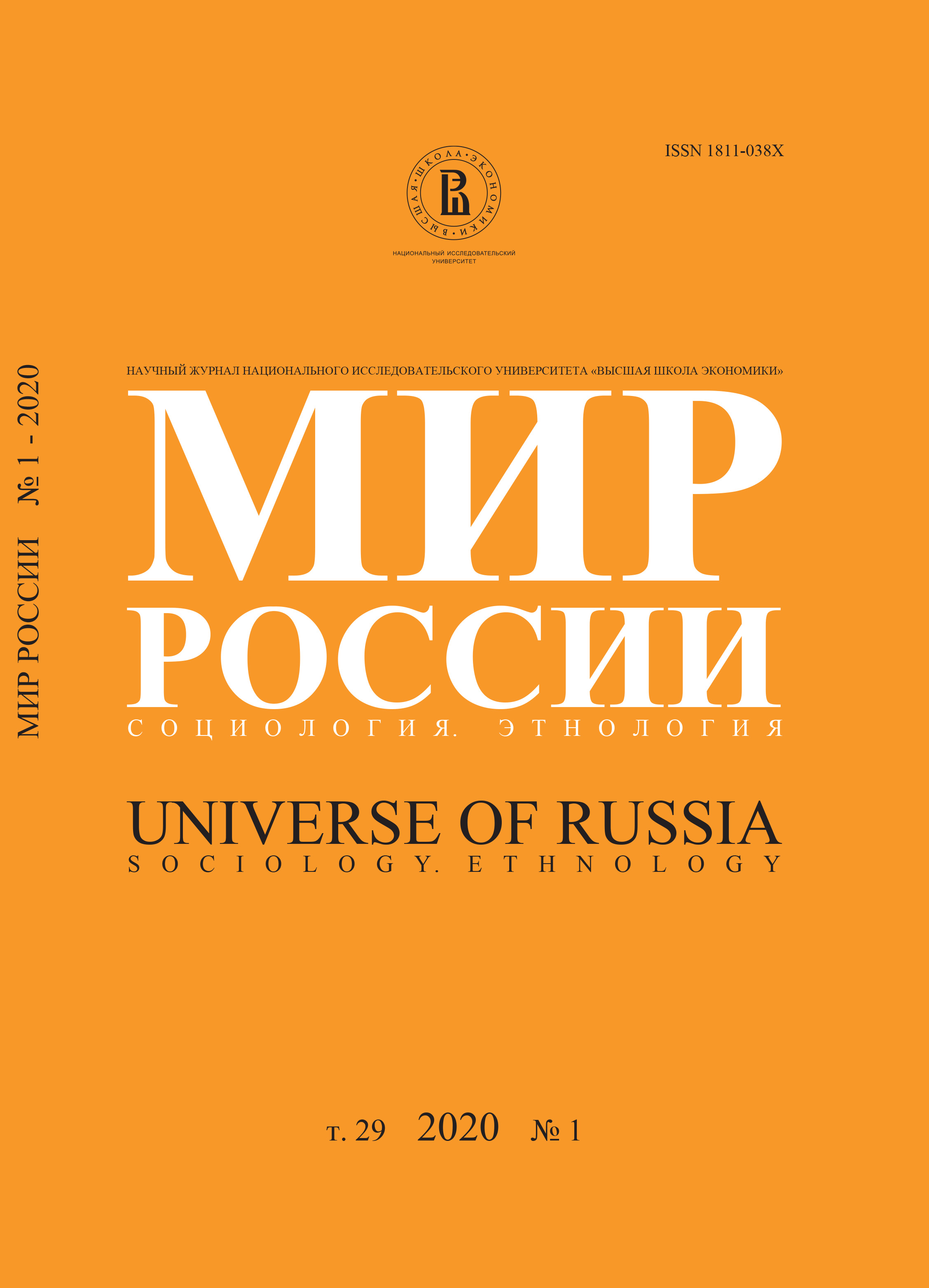Business Dynasties: Their Specifics and the Potential for Development
Abstract
Citation: Klimenko L., Posukhova O. (2020) Business Dynasties: Their Specifics and the Potential for Development. Mir Rossii, vol. 29, no 1, pp. 80–102 (in Russian). DOI: 10.17323/1811-038X-2020-29-1-80-102
There is evidence of the reproduction of business dynasties in almost all countries with market economies. Many researchers argue that family succession in business is one of the factors in the stable growth of national economies. The socio-economic effects of business dynasties are ambivalent: they can be both constructive (the transfer of human capital, the reproduction of professional ethos) and destructive (the concentration of capital, familism and the restriction of competition). Both sides are under scrutiny in the study at hand. In this article, we review the empirical research in Western countries and Russia. We conclude that the most important predictor of professional choice in business is parental entrepreneurial past, which involves the transmission of role patterns, access to established business networks, and the early formation of professional identity. Several models of the transmission of professional positions in business are distinguished: 1) continuity (a value-conscious acceptance of status quo and the desire to preserve it) – an active strategy; 2) maintaining status (subsequent generations take status for granted) – a passive strategy; 3) refusal or withdrawal from the continuation of the business dynasty. Successful succession in a family business involves the preliminary planning of the management transfer; the understanding of the basic principles and the rules of continuity by family members; attaining necessary education and practical experience. In contrast to Western traditions, in Russia inheriting both capital and a managerial position in business is not common. In Russia, the formation of business dynasties is hindered by macro level factors – the transitory institutional status of family entrepreneurship and an unfavorable socio-political and economic situation; and meso-level factors – the immaturity of the practices of business succession. In most cases, business families have not developed a systematic approach to capital transfer, no legislation regulating business inheritance exists, and children are often not informed about their parents’ plans for and principles of succession. We conclude that in Russia the prospects for the formation of sustainable business dynasties are unfavorable.






